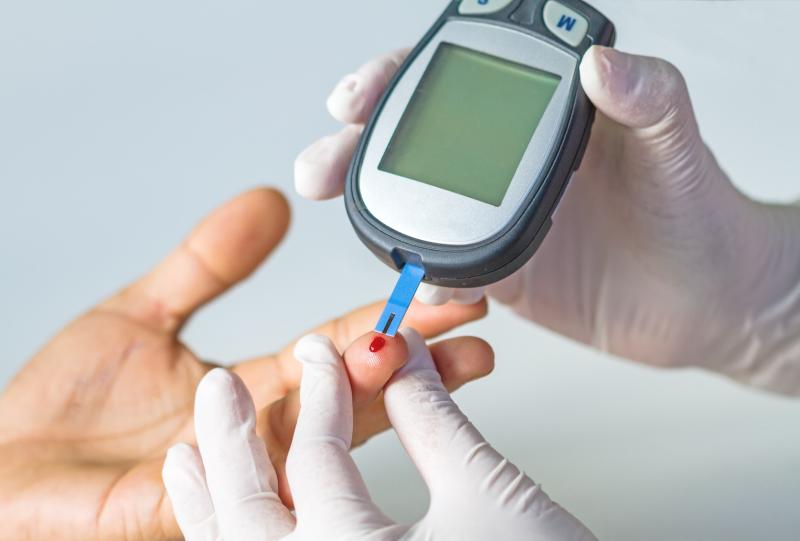
The risk of acute coronary syndrome (ACS) appears to be elevated following episodes of severe hypoglycaemia, a recent study has found.
Researchers performed a retrospective, population-based analysis on the data of 7,909,626 diabetes patients (aged ≥35 years; 41 percent male). The absolute risk of ACS was defined as the need for emergency percutaneous coronary intervention following severe hypoglycaemia.
Over 5,087,611,521 person-days of follow-up, 37,486 cases of ACS were reported. The resulting absolute risk was 2.9 per 1,000 person-years. In those with vs without type 1 diabetes, the corresponding rates were 2.1 and 3.0 per 1,000 person-years, respectively.
Within 2 years, 48,118 at-risk patients experienced a severe hypoglycaemic episode. These patients were more likely than their no-episode counterparts to develop ACS (3.0 vs 2.7 per 1,000 person-years). They also tended to be older and more likely to receive insulin therapy, antiplatelet drugs and anticoagulants.
Adjusted regression analysis confirmed that severe hypoglycaemia was a significant risk factor for ACS (hazard ratio, 1.016, 95 percent CI, 1.012–1.021).
This ACS risk changed over time, varying according to the time elapsed after the severe hypoglycaemia episode. At 10 days after such an episode, for instance, the absolute risk of ACS was 10.6 per 1,000 person-years. This dropped to 2.2 and 2.5 per 1,000 person-years after 11–90 and 91–365 days had elapsed, respectively.
The present findings indicate that severe hypoglycaemia needs to be monitored and treated well in patients with diabetes, said researchers. Future studies are needed to better characterize the time interval after hypoglycaemia during which ACS risk should be tightly managed.